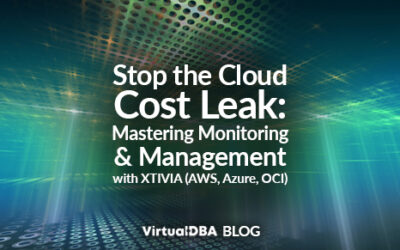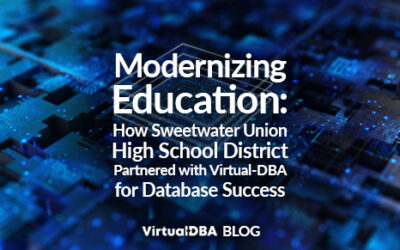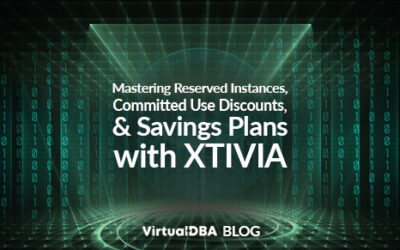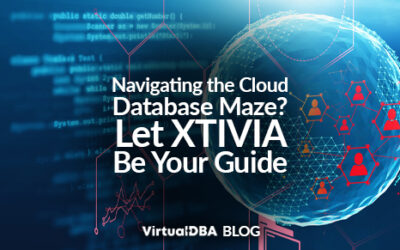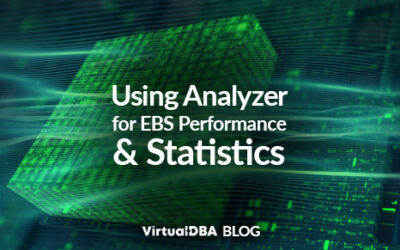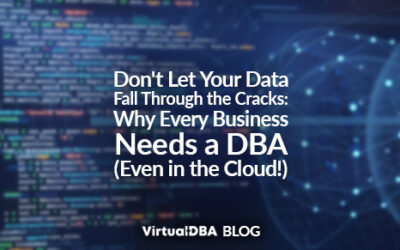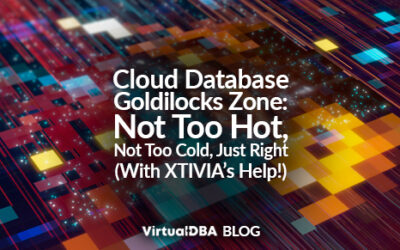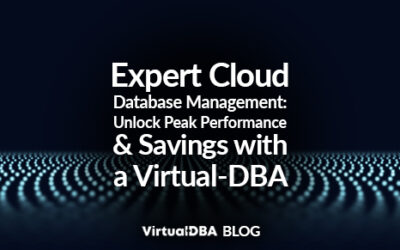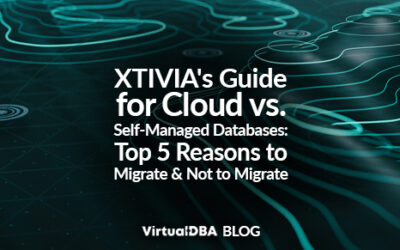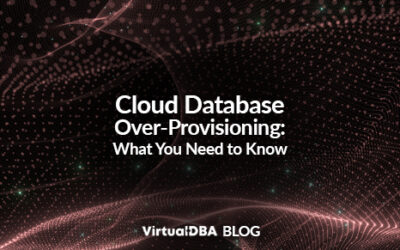SUMMARY: Many organizations struggle with budget overruns due to poor cloud cost visibility. Still, they can stop this financial leak and maximize ROI by leveraging the native cost management and monitoring tools provided by AWS, Azure, and OCI, along with expert...
Welcome to our blog, which is more than just a record of our experiences. It’s a resource.
Our blog is an invaluable resource for anyone struggling with the challenges of managing a database, applications, or clouds.
We understand the difficulties involved in troubleshooting, building, improving, securing, and operating these platforms,
and we’re here to share our insights and expertise with you. Browse through our collection of blog posts below,
and don’t hesitate to leave your comments and feedback.
Modernizing Education: How Sweetwater Union High School District Partnered with Virtual-DBA for Database Success
SUMMARY: XTIVIA's Virtual-DBA service enabled the Sweetwater Union High School District to overcome the challenges of an outdated database by successfully migrating its legacy Oracle system to SQL Server. The district decommissioned its expensive legacy Oracle system,...
Mastering Reserved Instances, Committed Use Discounts, and Savings Plans with XTIVIA
SUMMARY: This guide explains how businesses can leverage commitment-based discount programs like Reserved Instances (RIs) and Savings Plans to significantly reduce cloud costs on AWS, Azure, and Google Cloud, with expert guidance from XTIVIA to maximize savings....
Navigating the Cloud Database Maze? Let XTIVIA Be Your Guide
SUMMARY: XTIVIA provides expert cloud database management services to help businesses optimize costs, enhance security, and ensure peak performance for their cloud and hybrid database environments. Cost Optimization: XTIVIA’s DBAs help right-size resources and prevent...
Using Analyzer for EBS Performance and Statistics
This blog will walk you through how to prepare your EBS environment, run the analyzer, and provide an overview of the results. We’ll also share XTIVIA’s hands-on experience running this analyzer in a test EBS instance.
Don’t Let Your Data Fall Through the Cracks: Why Every Business Needs a DBA (Even in the Cloud!)
SUMMARY: This guide explains why a Database Administrator (DBA) is essential for ensuring the performance, security, and cost-efficiency of your business data, whether it resides in a cloud or self-managed environment, and how XTIVIA's Virtual-DBA services offer a...
Cloud Database Goldilocks Zone: Not Too Hot, Not Too Cold, Just Right (With XTIVIA’s Help!)
SUMMARY: XTIVIA's Virtual-DBA service helps businesses resolve common cloud database provisioning challenges by finding the optimal balance between performance and cost. Avoid Over-provisioning: Businesses often over-provision cloud databases by adding excessive...
Expert Cloud Database Management: Unlock Peak Performance & Savings with a Virtual-DBA
SUMMARY: Leveraging Virtual-DBA for expert cloud database management allows businesses to unlock peak performance and significant cost savings by outsourcing complex administrative tasks Virtual-DBA provides access to a team of specialized experts at a fraction of the...
XTIVIA’s Guide for Cloud vs. Self-Managed Databases: Top 5 Reasons to Migrate and Not to Migrate
SUMMARY: Choosing between cloud and self-managed databases is a pivotal strategic decision for any business, requiring a careful evaluation of trade-offs between agility, cost, security, and control. • Migrate to the cloud for unmatched scalability, reduced...
Cloud Database Over-Provisioning: What You Need to Know
SUMMARY: Cloud database over-provisioning—the allocation of more resources to a database instance than it actually needs—drives excessive cloud bills by masking underlying performance issues. This necessitates strategic resource right-sizing and query optimization...

